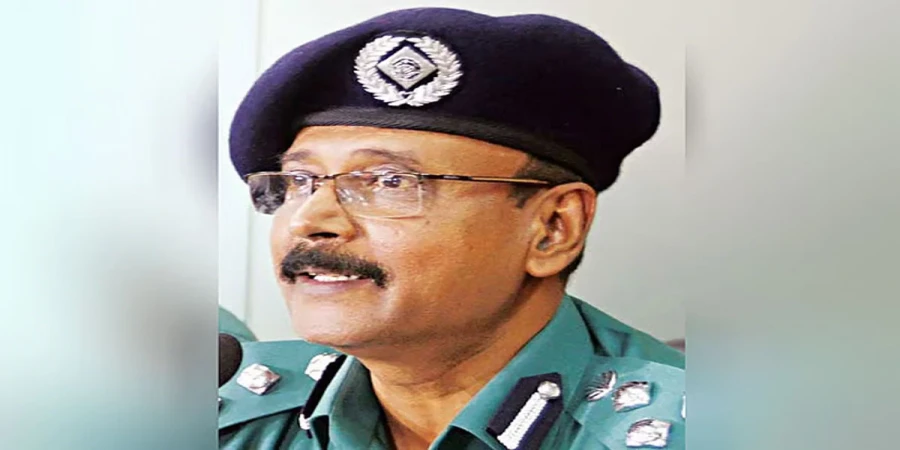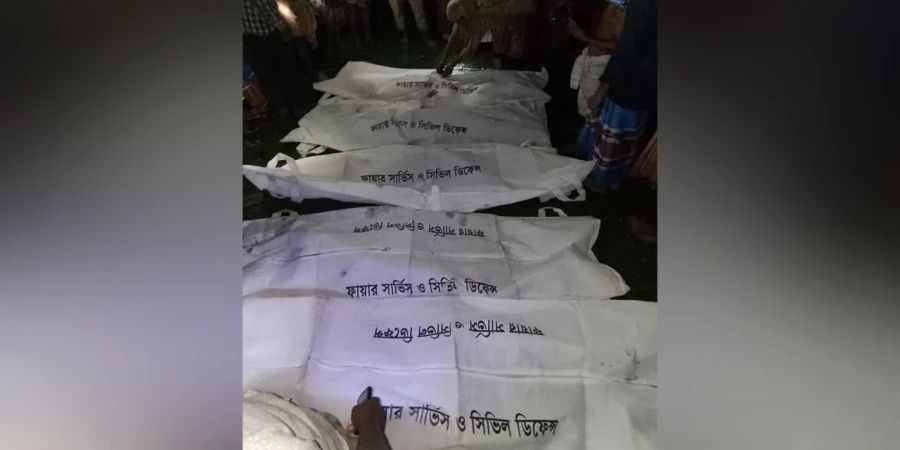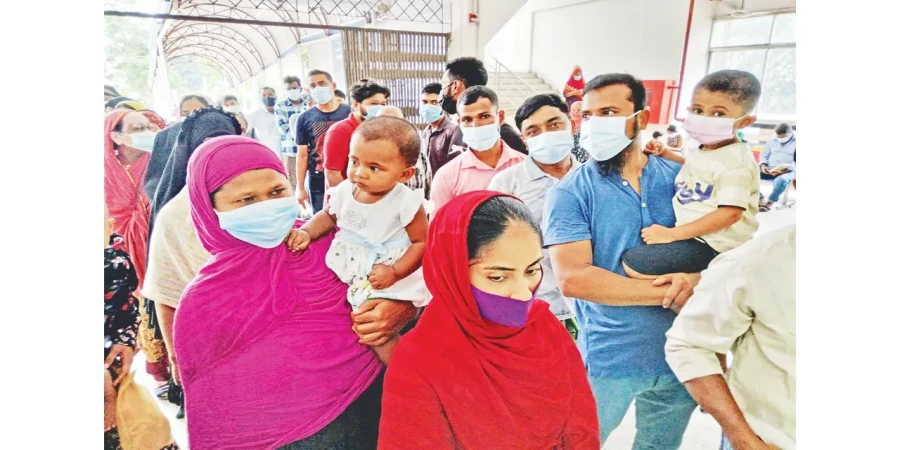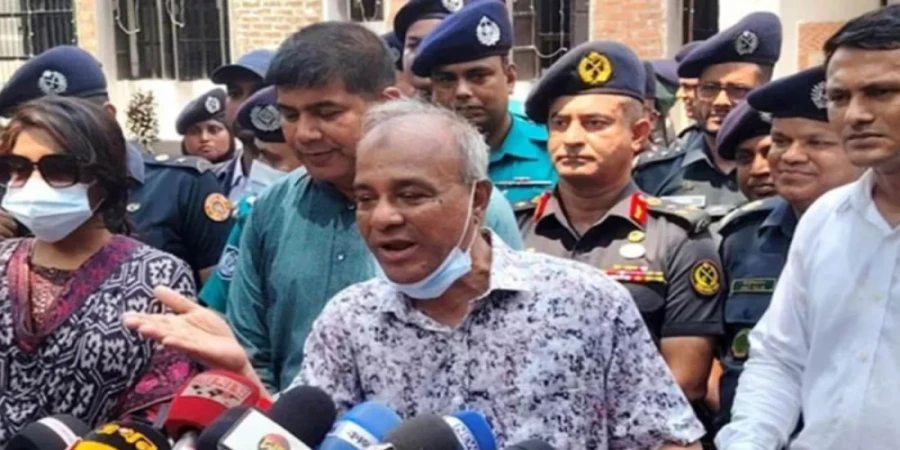
ছবি: Photo: Collected
Court denies bail to ex-CMP Commissioner Iqbal Bahar, arrested for his alleged role in the fatal crackdown on peaceful protesters in Dhaka’s Jatrabari during last year’s anti-discrimination movement.
Former Additional Inspector General of Police (IGP) Iqbal Bahar has been ordered into judicial custody in connection with the killing of a woman during the anti-discrimination protests in July last year. A Dhaka court on Saturday denied him bail and sent him to jail following his arrest on Friday evening from a residence in the city’s Bailey Road area.
The court order was issued by Dhaka Metropolitan Magistrate Md. Jewel Rana following a hearing where both prosecution and defense presented their arguments. The investigating officer, Inspector Kazi Ramzanul Haque of Jatrabari Police Station, produced Iqbal Bahar before the court and sought his detention. Defense lawyers Morshed Alam Shahin and Swapna Khanom argued for his bail, but the state opposed the petition. After hearing both sides, the court rejected the bail plea and ordered his imprisonment.
Iqbal Bahar, who previously served as Commissioner of Chattogram Metropolitan Police (CMP), was later transferred to the Training and IM Division at Razarbagh as an Additional IGP. He has now been named as the 26th accused in the First Information Report (FIR) filed in the case over the death of Shahinur Begum, a woman fatally injured during a protest in Dhaka’s Jatrabari area.
According to the complaint, the incident occurred on July 22 of the previous year when a group of students was staging a peaceful sit-in under the Kajla footbridge in Jatrabari as part of a broader anti-discrimination movement. Shahinur Begum, a local resident, was reportedly providing water to the protesting students when the situation escalated.
The FIR states that, under instructions from the named accused individuals, unidentified others launched an aggressive assault on the demonstrators using local weapons, sound grenades, tear gas, rubber bullets, and live ammunition. During the attack, Shahinur was struck in the head, collapsing on the spot with severe injuries. Fellow protesters rushed her to Dhaka Medical College Hospital, where she succumbed to her injuries one month and nine days later while undergoing treatment.
The case was filed by Shahinur’s daughter, Habeza Akhter, 34, who accused 297 named individuals including Prime Minister Sheikh Hasina. The complaint also listed 250 to 300 unidentified persons as accused, making the case one of the largest politically charged criminal filings in recent memory.
The death of Shahinur Begum sparked outrage across social media platforms and among civil society groups, who questioned the use of excessive force against peaceful protesters and civilians uninvolved in direct action. Many viewed her as a victim caught in the crossfire of a brutal response to student-led dissent.
Iqbal Bahar’s arrest comes amid growing calls for accountability over past incidents of police violence. Activists and legal experts believe this may be the beginning of a broader legal reckoning for senior officials involved in controversial crackdowns during recent years of political unrest.
Sources close to the investigation suggest that the arrest was based on testimonial evidence and surveillance footage that placed Iqbal Bahar among the commanding officers whose orders may have led to the violent dispersal of the protest. The specifics of his alleged role have not been fully disclosed by the authorities, but investigators believe he had knowledge of and involvement in the operation that resulted in Shahinur’s death.
The July Movement, initiated by students and supported by various civil society actors, emerged as a resistance against systemic discrimination in education, employment, and governance. The protest in Jatrabari was one of several that took place across Dhaka, many of which were reportedly met with disproportionate force.
Although the government initially dismissed the protests as politically motivated, the scale and persistence of the demonstrations, along with the public outcry following Shahinur’s death, compelled some quarters within the administration to reconsider the state’s handling of such movements.
Iqbal Bahar’s detention is being closely watched both within the police establishment and among political analysts. It marks a rare instance of a high-ranking police official being held accountable in a case involving civilian casualties during a protest. While some view this as a positive step toward justice, others caution that meaningful change will require more systemic reform within law enforcement institutions.
The case is also expected to have significant legal and political implications, especially given the inclusion of high-profile figures among the accused. Legal experts anticipate a lengthy trial process, which may bring further evidence to light regarding state conduct during civil demonstrations.
As the judicial process unfolds, attention remains fixed on whether the courts will move forward with similar action against others named in the FIR. For now, the arrest of Iqbal Bahar has brought renewed attention to the events of the July Movement and reignited the conversation around police accountability and the protection of civil liberties in Bangladesh.
repoter





